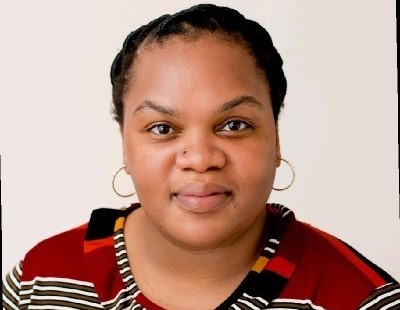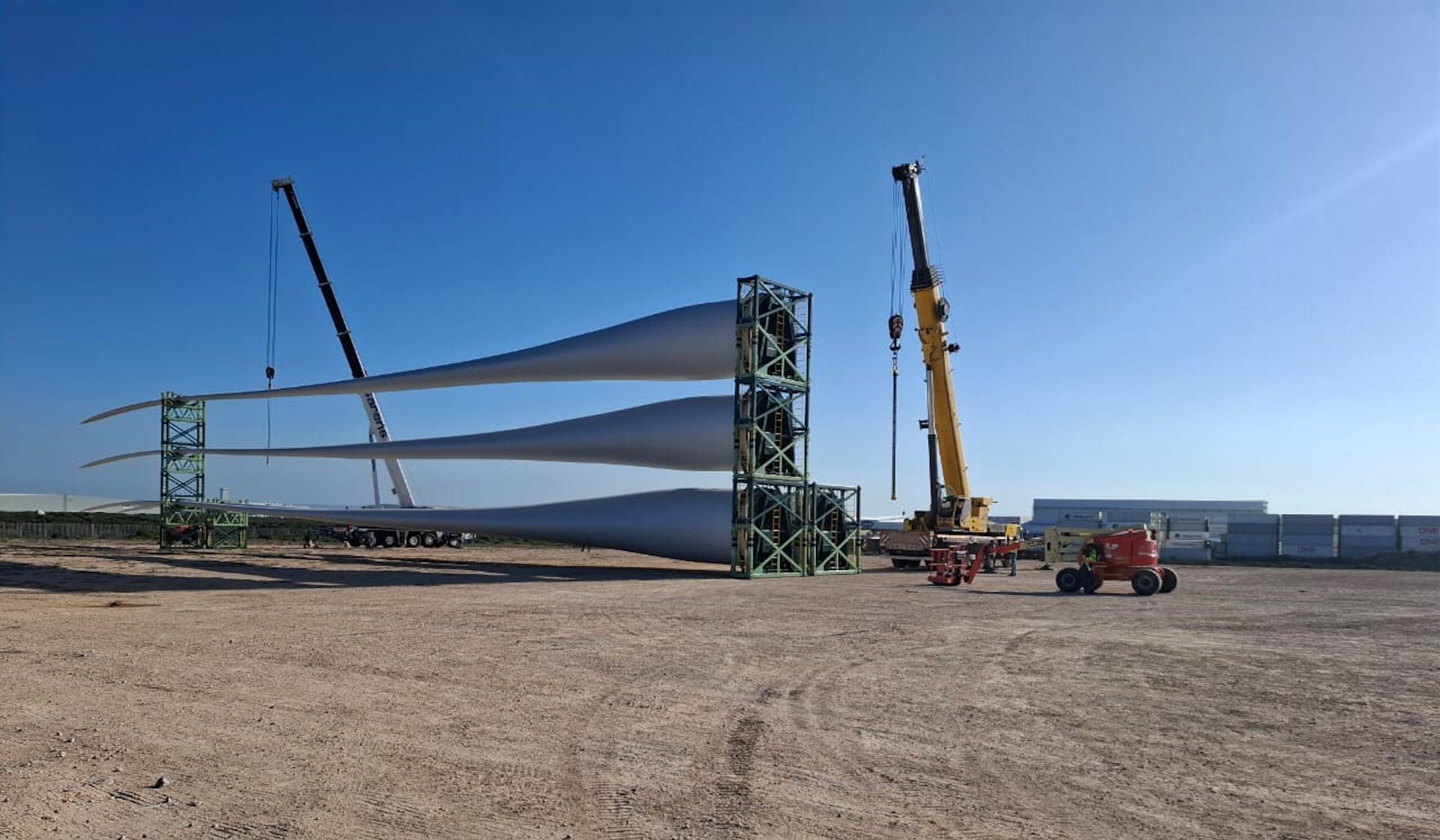Recognising the importance of integrating the country’s youth to achieve a sustainable renewable energy future, the inaugural ‘Generation Renew’ event took place last month.
Initiated and hosted by South African Wind Energy Association (SAWEA) and South African Photovoltaic Association (SAPVIA), key conversations were driven by industry stakeholders covering four imperatives, designed to provide valuable guidance for youth looking to thrive in the renewable energy industry and contribute to a sustainable future. These areas included mentorship, youth taking initiative in entrepreneurship, finding one’s unique place in the industry and conducting informed research to stay ahead.
Included on the panel were Sanele Zulu MD of Green Youth Network; Celiwe Mabaso, Senior Social Performance Manager at BTE Renewables; De Wet Taljaard, Technical Specialist at South African Photovoltaic Industry Association (SAPVIA); Nandipa Tshuma, Energy Consultant at Sinani Energy; Mandilakhe Qavane, Solar Solutions Engineer at CVE (Changing Visions of Energy); and
Mathage Mathunyane, Portfolio Manager at Lombard Insurance Company Ltd.
Panellist, Celiwe Mabaso, who is passionate about this ‘youth in renewables movement’, shares her thoughts. She describes how she opened the conversation around challenges experienced when emerging as a young professional into the renewable energy space. During the discussions, she also addressed the barriers to entry, in particular, gender disparities, and how youth are impacted by the lack of knowledge regarding employment opportunities.
Along with other panellists, Celiwe shared specifically around ‘finding one’s unique place in the industry’, with a focus on opportunities within environmental, social, and governance (ESG).
1. Please share a little bit more about the opportunities within the area of ESG.
ESG is vast and looks at various areas to ensure the sustainability of the business. I focused on the ‘S’ (social) which is my area of expertise and the ‘E’ (environmental), which is an area of interest.
As a social performance practitioner, one has to have a knack for communications (written and verbal) and the ability to develop programs or strategies for growth; both these skills require practice and continuous reading and research skills.
I am a Bachelor of Commerce, Marketing graduate and I have found that my learning in economics and strategy development has come in handy in my day-to-day job as it requires a lot of data and trend analysis in order to determine the problems and develop possible solutions in the form of programs. The E is an area that is closely linked to my work and one of the main areas that BTE Renewables is known for through our Shut-Down-on-Demand programme. Environmental management is a key component for renewable energy projects, from development to plant end of life.
2. Why it is important to give youth access to industry knowledge at this stage in the country’s energy transition?
As we work towards a more sustainable and greener future, it is important that we develop the skills that are required to help meet our decarbonisation targets. We have many students and soon-to-be students who are looking for more exciting opportunities and I believe renewable energy is an important and growing industry that will continue to evolve and provide meaningful employment opportunities.
3. What do you believe is one of the biggest barriers to entry for the youth at the moment, and how is the industry assisting them in overcoming this challenge?
A lack of understanding and availability of information about the sector and the opportunities available is the biggest barrier. For those seeking STEM-related jobs, limited access to quality STEM learning in high school and sometimes even primary school leads to them being excluded by non-qualification.
4. How receptive were the youth to the information provided – what kind of follow-up has been offered? How can they access further insight and assistance?
Many young people were pleasantly surprised to hear about opportunities available, some offered by the Independent Power Producer’s (internships and bursaries) and others offered by renewable energy networks such as the ‘Green Youth Initiative’ and ‘WeConnect’.


